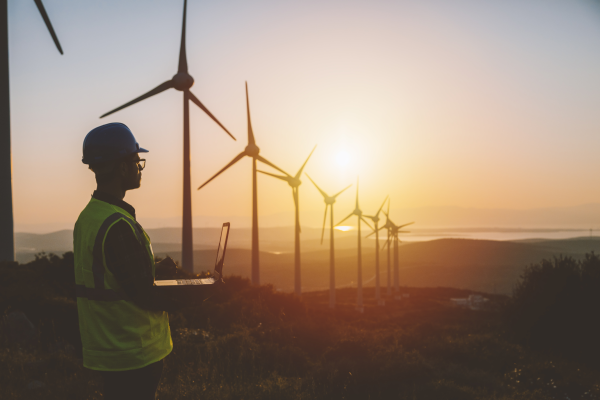A group of environmental experts and academics has emphasized the need for better management of Africa’s natural resources to drive lasting development.
They made this known at a five-day conference hosted by the Faculty of Renewable Natural Resources and the Postgraduate College of the University of Ibadan.
The event, which ran in a hybrid format, was themed: “Renewable Natural Resources Management and Use: A Path to Sustainable Development.”
Nature Can Regenerate, But Only If We Use It Wisely
Keynote speaker, Prof. Labode Popoola, Executive Secretary of the African Forest Forum, warned that natural resources are not unlimited. While they can renew themselves, overuse and mismanagement will damage them permanently.
Popoola, a former Vice-Chancellor of Osun State University, explained that renewable resources play a key role in several global goals. These include education, gender equality, public health, clean energy, food systems, urban growth, and digital innovation.
He encouraged researchers to collaborate with governments, businesses, civil society, and international agencies. Such partnerships, he said, would lead to stronger policies and better resource use.
Policy, Innovation, and Education Must Work Together
Popoola also listed several ways to improve resource management. He urged leaders to:
-
Create policies that promote long-term resource use
-
Invest in science, innovation, and research
-
Support fair and green economic models
-
Encourage sustainable production and consumption
-
Include sustainability in education systems

Africa’s Natural Wealth Is a Key to Its Future
The Vice-Chancellor of the University of Ibadan, Prof. Kayode Adebowale, added that Africa’s rich supply of natural resources is central to its economies and cultures. However, he warned that without proper management, this advantage could turn into a crisis.
“Sustainable development isn’t just a choice. For Africa, it’s the only path forward,” he said.
Renewable 2025: A Platform for Real Change
Dean of the Faculty, Prof. Adejoke Akinyele, explained that the conference—titled Renewable 2025—offered an important platform for people working in different fields. These include forestry, wildlife, fisheries, training, policy, and environmental education.
She said the event aimed to promote knowledge-sharing, build partnerships, and spark meaningful action among key players.
Experts Reinforce the Urgency
Other speakers added their voices to the call for environmental action.
Prof. Abiodun Oluwadare of the Forest Production and Product Department emphasized the strong link between climate change, ecosystem health, and development.
Sunil Sriwadana, Country Representative for World Fish in Nigeria, praised the conference’s focus on sustainable fisheries and renewable resource planning.
In his remarks, Teslim Kareem, Conservator of Old Oyo National Park, highlighted the need for stronger environmental protection to support long-term national development.



